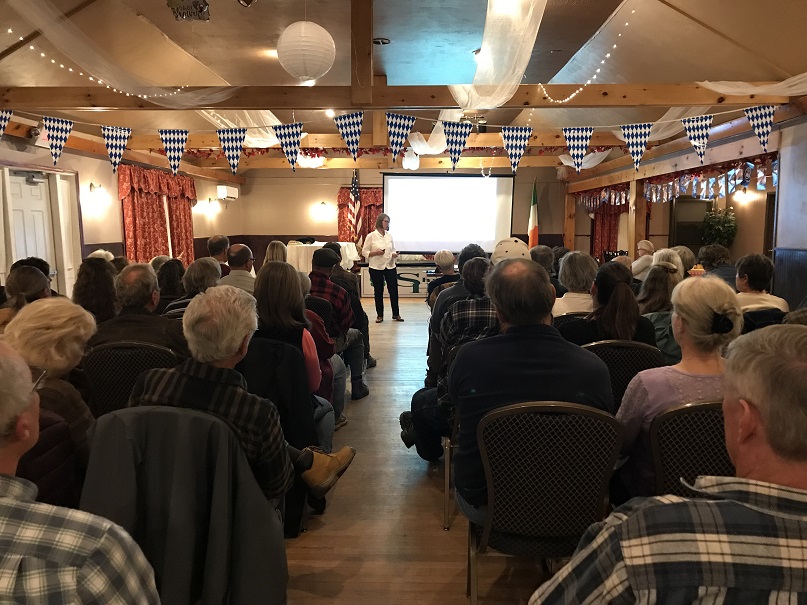
I’m on holiday this week visiting family in Argyllshire and Midlothian. The roads are still choked with campervans and the going slow, but the scenery is superb.
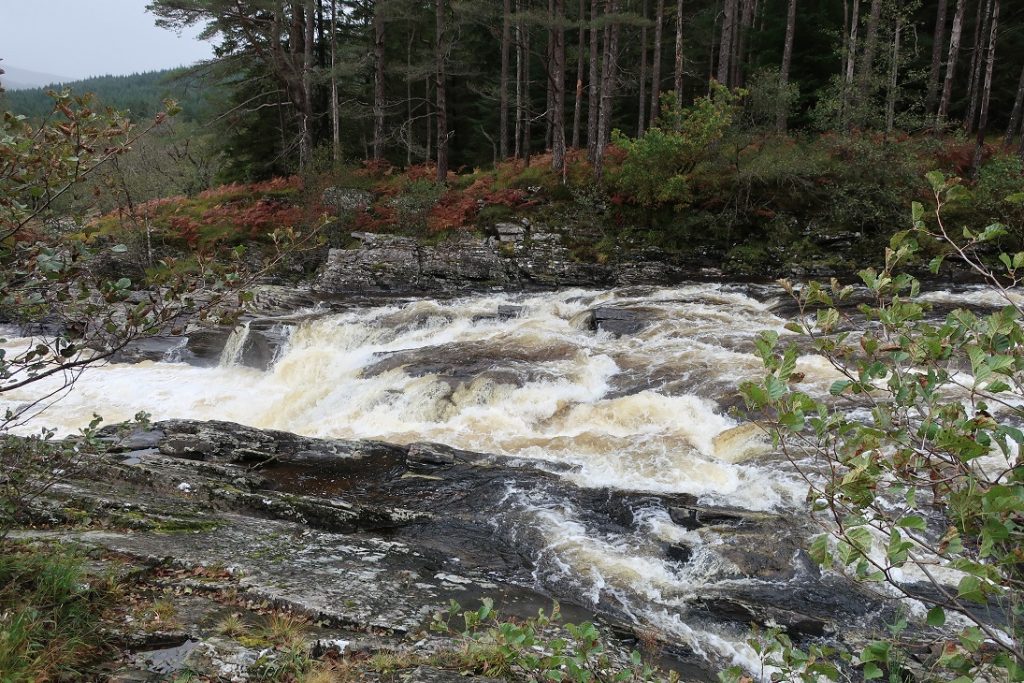
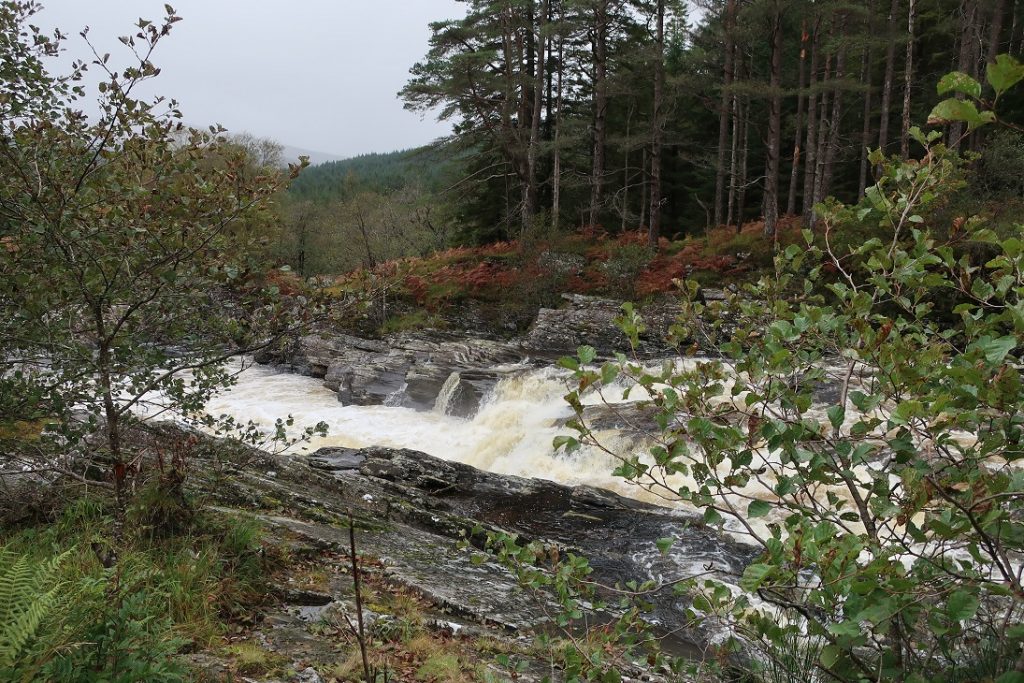
My new Canon Power Shoot G9X camera arrived before I left and I’m really pleased with the results. I photographed the Ross rounds to show you.
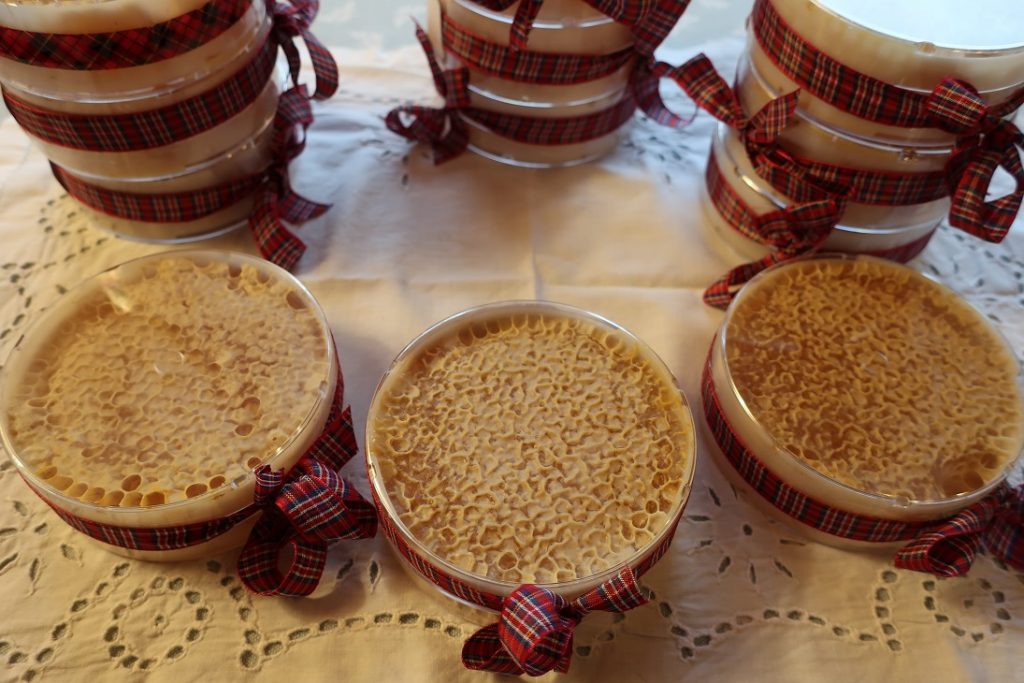
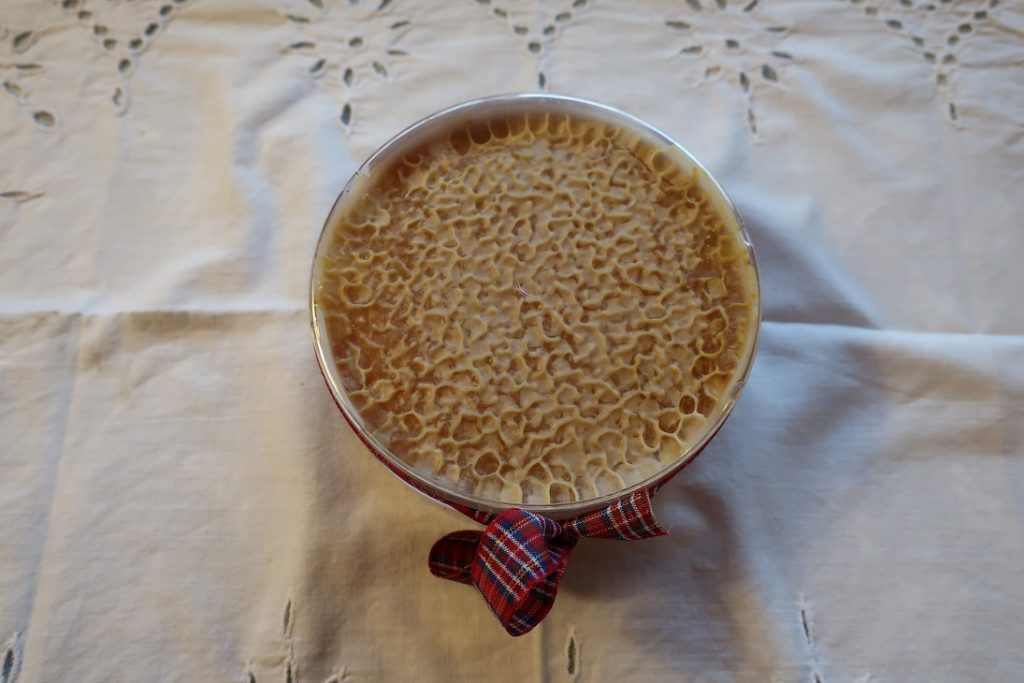
I got 20 out of a possible 40 rounds but I’m not sure if it is worth producing them as the plastic packaging and labelling comes to around £2.50 for each one. I sealed them using Sellotape and made my own labels because the only ones I could find at beekeeping suppliers stated that the honey was “distilled” by honey bees which sounds odd and misleading to me.
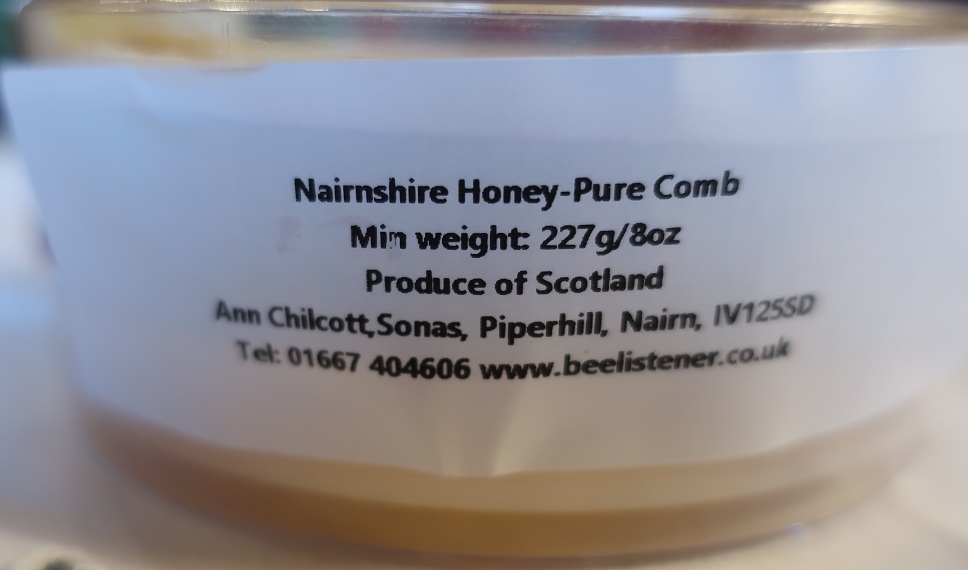
Also, I think that more honey would have been produced in ordinary extractable frames: but, they look nice. The jury is out and I welcome any reader comments or shared experiences.
The Zoom Season.
It’s the time of year when local associations resume indoor meetings again, continue with Zoom presentations, or have a mixture of both. The pandemic has probably changed the way we communicate forever and there are many advantages to presenting via Zoom or a similar platform, as there are for the listeners at home. But are speakers really valued? I have been pondering this since I read an article in my favourite magazine, The American Bee Journal, on the topic. I regret not keeping the article but I’ve created my own version of the same message. The essay will be published soon in The Scottish Beekeeper Magazine.
I’ve been giving presentations on honey bees and beekeeping since 2004, and till recently they have all been given free. I was invited to visit the Catskill Mountain Beekeeper’s Association in 2019 and was astounded that this invitation came with a return air fare to New York, and a generous speaker’s fee. To be valued and appreciated in this way feels very good. They were a fantastic audience and put me at ease as I went along even though the room was crowded with the largest audience I’d spoken to. Initially, my right leg started shaking uncontrollably as I started the presentation on beekeeping in Scotland, but I put weight on that foot and carried on hoping that I was too far away for anyone to notice.
The History.
In the UK, back in the “good old days”, before information technology changed our world, it would have been usual for local beekeeping associations to have their most experienced beekeepers talk at meetings. They probably shared knowledge by drawing on their own experiences from many years of practical beekeeping. They did not all necessarily study for exams, read widely, or keep up to date via beekeeping journals, conferences etc. However, the arrangement worked well for that time and place. Lectures were also given, (and still are) free to beekeepers, by Government-funded beekeeping advisors and bee inspectors but the lecturers were paid to give these presentations.
Things have moved on a pace in our lifetimes, and the pandemic is an example of how rapidly changes in the way we communicate have been made. Zoom presentations and talks via similar platforms are common place now, and here to stay it seems. Some relish staying in on cold winter nights and listening to presentations by the fire in the comfort of their own living rooms, while others miss the social connections and chat afterwards over a cuppa.
With no travel involved, speakers from all round the world can easily be engaged thus offering a wide choice of styles and presentations to local associations. The amount of knowledge that can be gained without leaving home is staggering, but it cannot be expected that the speaker will give it free of charge. After all, money was developed to pay strangers for goods, services and assistance.
Are You a Speaker?
Have you ever given a presentation to a local beekeeping association, or other group? It is a marvellous way for you to gain more knowledge, because to speak on a subject means that you must study widely around it in order to understand it, present it, and answer questions on it. Most speakers start off their careers giving free talk to many groups before they reach the stage of being experienced and recognised as a good speaker. When this point is reached it is accepted behaviour to request a speaker’s fee on top of reimbursement of travel expenses, and any accommodation costs, if speaking to a distant local association or group.
Rewards.
Some speakers want a fee, while others don’t. Some want to donate the fee to charity, or, as in my case, use it to buy bee suits for my beekeeping-with-children activities.If a group of golfers were engaging a speaker in order to improve their game they would pay accordingly and be very unlikely to reward the speaker with a book token or a voucher to spend in a shop. Beekeeping is no different.
Requesting a fee demonstrates speaker self-respect and a strong sense of valuing the time spent preparing: a good speaker updates presentations before each meeting. And, by offering a speaker’s fee, local associations are telling the speaker that they are respected and valued, and that their many years of beekeeping experience, including the cost of; courses, exams, conferences, books, magazines etc are recognised.
A good speaker is worth much more than the token gesture of a fee which currently ranges from around £30-£60/ beekeeper presentation to a local association in the UK. However, nobody adds up the years spent gaining beekeeping experience, or the hours spent researching the subject, creating the PowerPoint presentation, giving the presentation and taking questions. Information-sharing seems to be an innate quality found among most enthusiastic beekeepers, and something that is mostly given freely. It should be noted that the going rates for professional scientists, overseas speakers etc. are currently between £100-200 (or more) per presentation which is usually unaffordable for local associations. However, this is where large organisations such as the Scottish Beekeeper’s Association can step in to provide these presentations for larger audiences.
Negotiate.
Most, but not all, local beekeeping associations in Scotland have moved into the 21st century and offer a fee to speakers, but it is always worth checking first before agreeing to speak if this is important to you. Some local associations are very small, with an equally small budget, and cannot afford to pay very much so generous speakers usually operate a sliding scale system of charge. It is worth remembering that free goods and services are never valued as much as those that are paid for.
If you are asked to give a presentation it is useful to know who the audience will be, the subject, length of presentation and if there will be time for questions. If you are traveling to the meeting, find out if the hosts have a projector and screen, but always have your own projector on stand by because so often these things go wrong and can cause a lot of stress for a speaker. Ask the questions and negotiate the conditions before you accept a speaking engagement. And, most importantly, when you go out there to share your knowledge have fun and enjoy doing it.
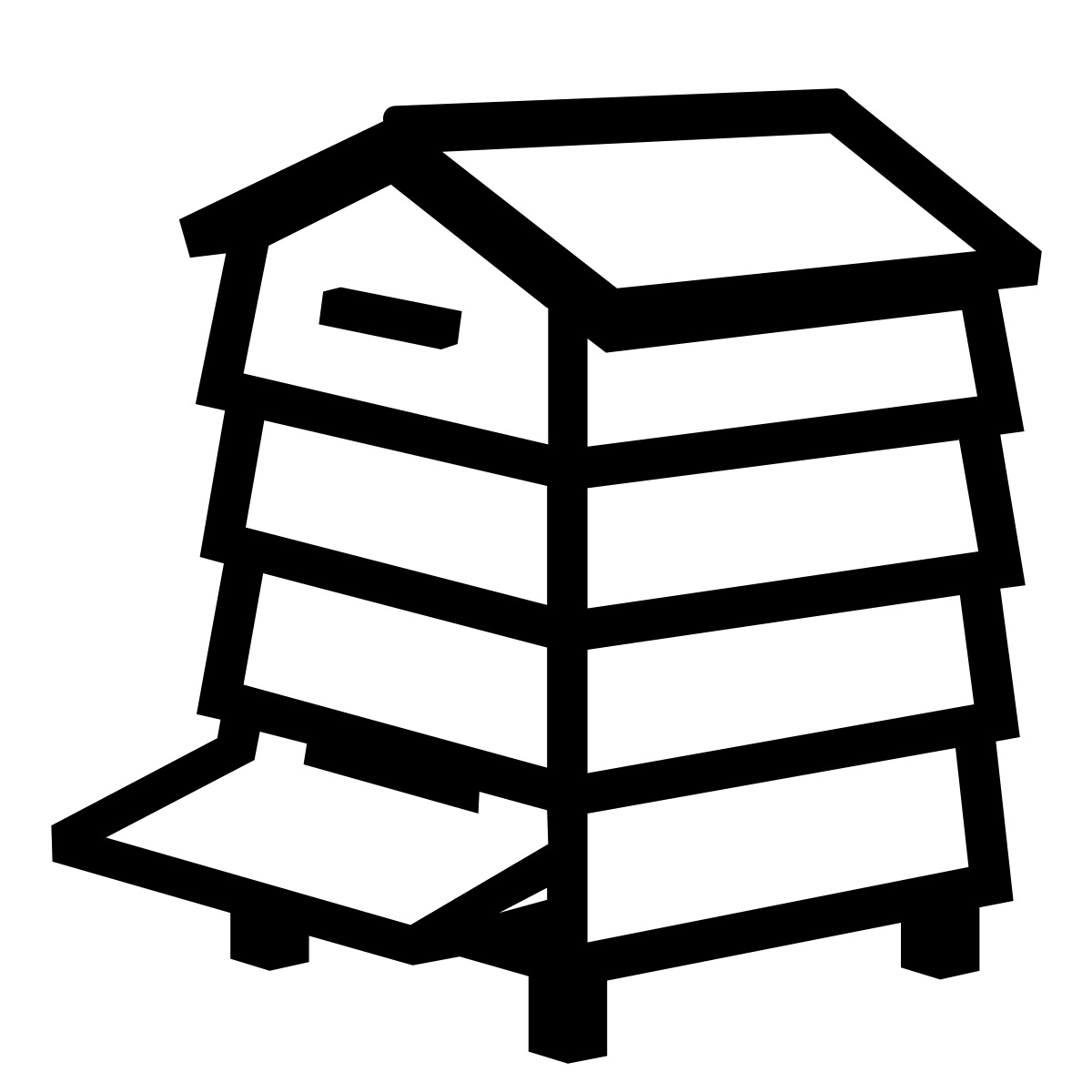
I’ve been a panelist (not quite a speaker) a few times. My motivation is sharing information and upskilling others, so as long as my petrol money is covered I don’t much care about the fee. However, if you’re raising a family every penny counts and I think it is appropriate to ask for a fee.
In your pictures, I note some of the rounds have wrinklier surfaces than others – more wax. My honeycomb tends to have a flat surface (some have white tops, due to an air gap – implying Amm or Carniolan genetics; others are dark topped, a characteristic of Italian heritage – our local bees are a mix and to me this just indicates a good healthy spread of genes!). I would be grateful if you could share any insights into why this wrinkle-variation might be, and what consumers and judges prefer. Or is it just an artefact of the lighting?
Interesting observations, Paul, which I hadn’t analysed too closely myself. I think that the lighting may be impacting to an extent as I don’t see a big problem with the surfaces of the rounds, apart from a few uncapped cells, and a couple that have completed a round but not out to the full diameter of the ring. Have you produced Ross rounds before? I have no previous experience of them so this is a first and the lime nectar flow came to an abrupt end before completion and sealing of the cells. One round at least is pure lime but I suspect others are a mixture of lime and what came next. I would think that show judges have a preference for light coloured smooth cappings, but I think customers go by taste (at least mine do and tend to buy on trust from previous experience of quality). I don’t spend time on showing products now, but I’ve done it all in the past.
Thanks!
I don’t see wrinkles as a problem jut a curiosity.
I have not made Ross Rounds. I occasionally store cut comb honey in specialised rectangular plastic containers (Thornes item code P1025) but I seem to be the only one in the family who eats it – but it retains flavour complexity much longer than stuff in jars.
One year I made some from honey in old brood comb, and learned why not to! Firstly it was very chewy… so I left the other pack on the shelf for months and when I looked at it again it was mothed! So I just take it from pure honeycomb now (from my TBHs, which can produce very nice clean honeycomb) and any honey from my Warres is strained and stored as a liquid, because all Warre combs are brood combs at some point.
Thank you, Ann, for writing this piece on what a speaker’s time and efforts are worth. I would like to add that in the past, when all talks were given in person, giving a talk usually involved a large investment of time and effort, esp. here in the U.S. where the travel distance was often hundreds or thousands of miles. Even now, with Zoom making it possible to give talks without devoting time and effort to long-distance travel, I find myself devoting many hours and considerable effort to giving a talk. Why is this?
First, I like to revise my talks to fit a particular audience, to bring them up to date, and to fit a particular audience.
Second, I find there is a surprising amount of time devoted to email correspondence setting the time and date and topic, and getting the details of the technology worked out.
Third, often I have to deal with the matter of time zones. If a Zoom talk is needed in the morning in the UK or the EU, for example, I am setting my alarm clock for 3 AM or so.
I appreciate this opportunity to share a bit about what it is like to give a well-prepared and well-delivered talk, whether in person or remotely via Zoom. I have often wondered if folks in the audience recognize how much time and effort it requires.
Hello Tom. Thank you for taking the time to reply to this post, and for supporting it through explaining your own experiences in such a thoughtful and insightful way.
Best wishes, Ann.
I think we all risk thinking since it’s on the Internet it ought to be free. But I would recommend BKAs with fairly good economy be generous when paying qualified and competent speakers. Added to that there could be an individual fee from each listener/attendee, and by this the final fee to the lecturer should be quite decent.
But some lecturers are just happy to be invited, and then it’s of course their choice to refuse any fee for online lectures. But I know full well how much time it takes to prepare lectures, especially if you are ambitious to fully meet expectations and more. 😉
Hello, Paul. Thank you for thinking about this topic and sharing your thoughts and opinions with us. Best wishes from Ann.